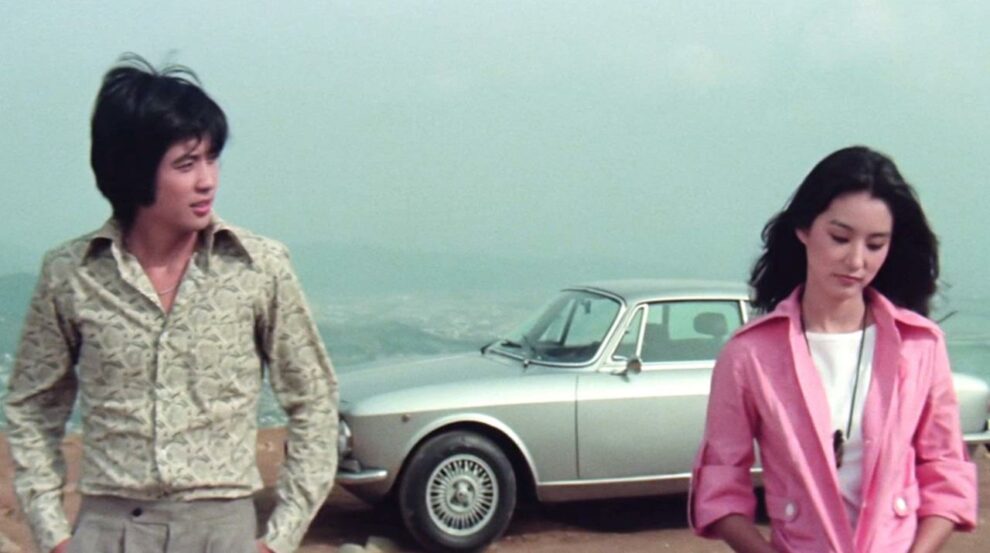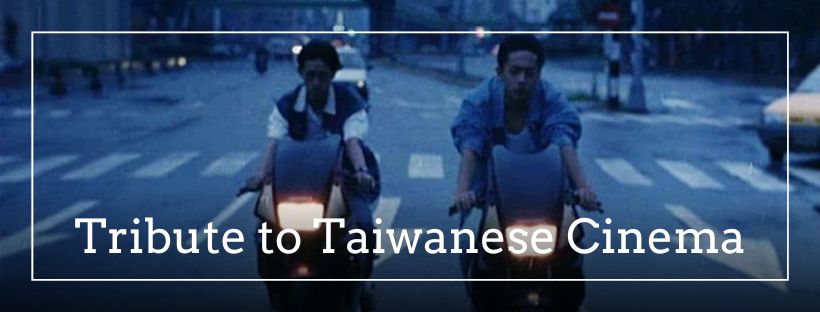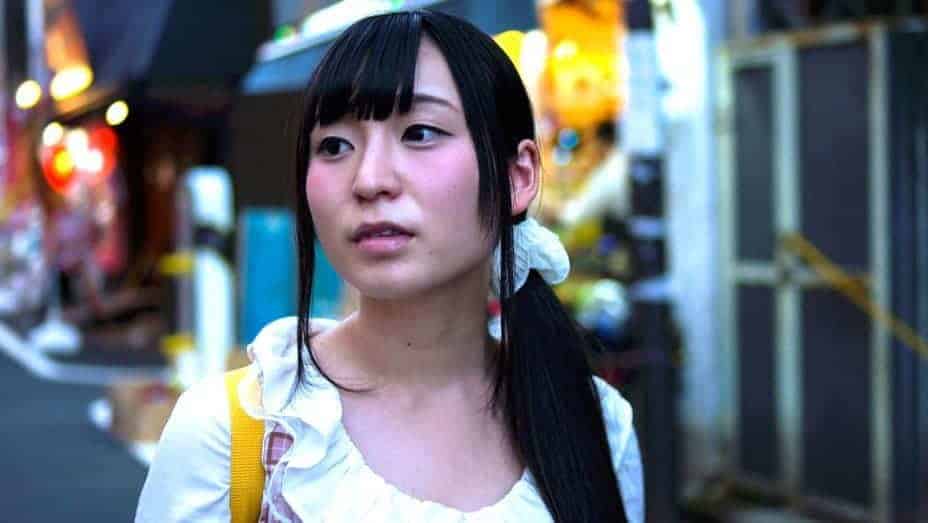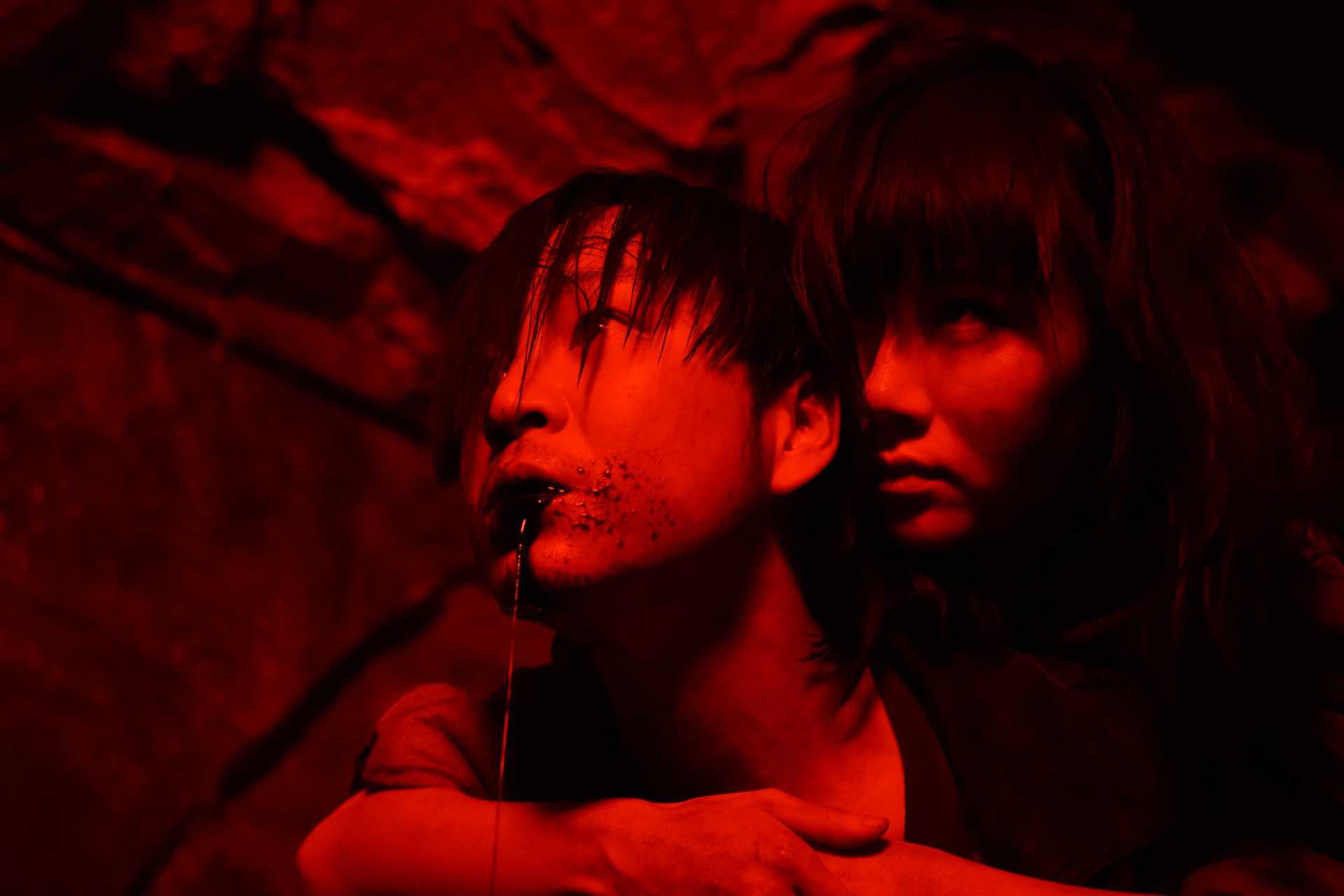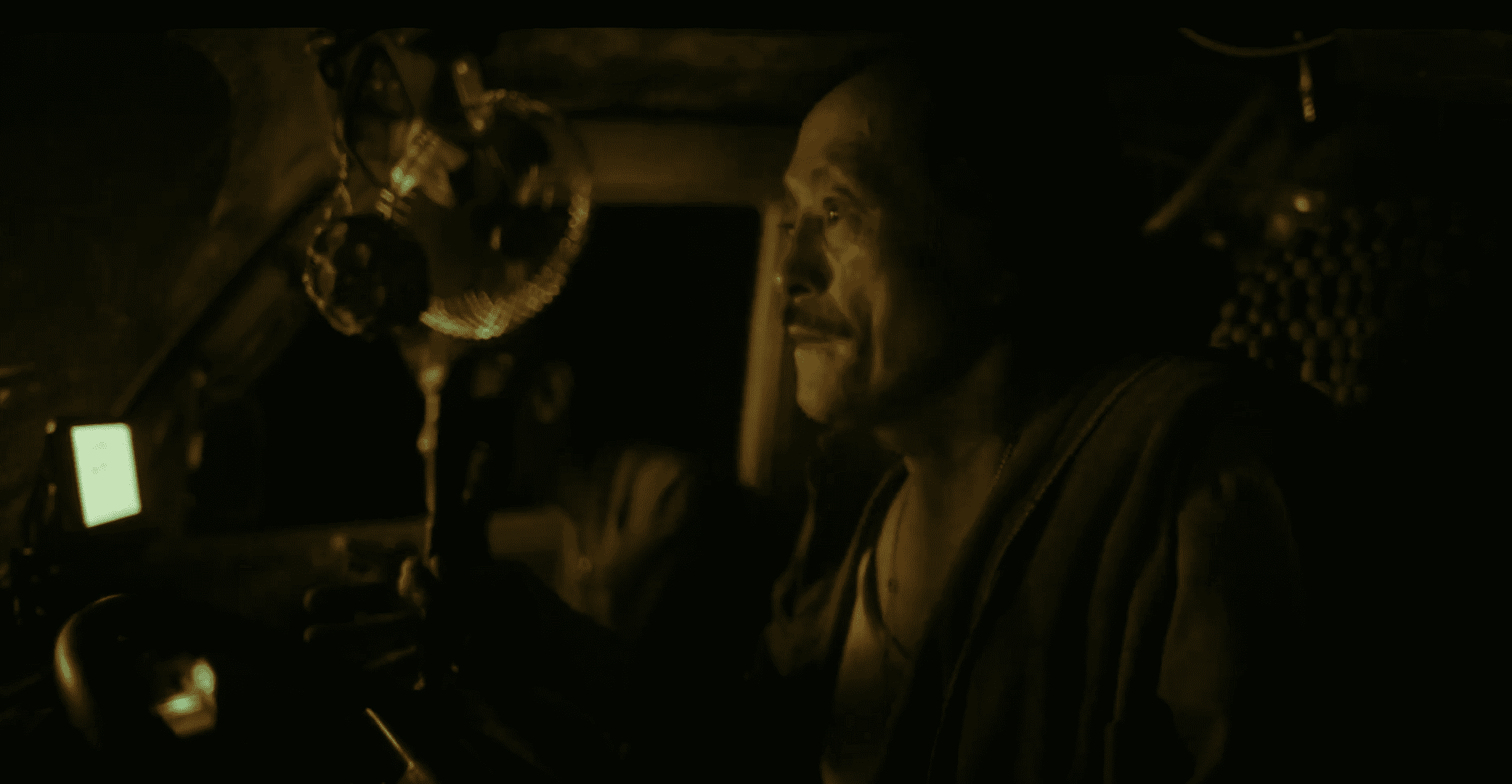Rom-coms often follow straightforward narrative structures, and one classic pattern involves the introduction of a prince or princess, charming or not, who disrupts the peace of a regimented or constrained life. This storytelling form inevitably strikes a chord with us, the majority of audiences, to varying degrees. Let's face it, whether casually scrolling through Insta or Tinder, getting dressed for yoga class or a night out, everyone seeks an unexpected twist in their lives, in 1977 as well as today. Furthermore, such pivotal moments often lead to a Cornelian choice, between reason and chance, wisdom and whimsy. This is precisely where Tuan Wan-lu finds herself.
Everything started when Wan-lu, a young and carefree student crashed into journalist Meng-chiao. Love at first sight, end of the story. But that was without reckoning on Ku Yu-lan, her childhood sweetheart and prospective husband seemingly approved by her family, has recently returned from studying abroad. He aims to establish himself in the construction industry and naturally marry his childhood companion. Here comes the love triangle, between the sensitive but impulsive Meng-chiao and the dependable and resilient Yu-lan. Which one will win her heart? While Wan-lu is leaning towards him, Meng-chiao introduces her to his mother (the terrifying Fuh Bih Huei) who raised him alone with great expectations and great sacrifices. It quickly becomes apparent that these two wouldn't get along well. From here, everything starts to unravel from romantic comedy to melodrama.
“You have a pair of ill-behaved eyes, said the mother-in-law.
– I also have an ill-behaved nose, an ill-behaved mouth, millions of ill-behaved cells and countless ill-behaved hairs. “
Before diving into a proper review of the film, it is important, first and foremost, to contextualize it within its time for those who may not be familiar with Taiwanese-Hong Kong cinema of that era. “Cloud of Romance” is an adaptation of the works of Chiung Yao, arguably the most renowned romance writer in the Chinese-speaking world. Throughout the 1970s, the trio consisting of Brigitte Lin, simply the goddess of Taiwan cinema, alongside her frequent co-stars Chin Chan the Taiwanese and Charlie Chin the Hong-Kongese (forming the famous “Two Lins and Two Chins” with Joan Lin), appeared in over a dozen of Yao's screenplays since 1973 and the seminal “Outside the Window”. For gossip's sake, there are rumors that this love triangle isn't purely fictional… All of this to say that we're talking about superstars here. And the namedropping doesn't stop there: the director, Chan Hung-Lit aka Chen Hung-lieh, is none other than the bad guy in King Hu's fundamental “Come Drink with Me” (1966). As forgotten as “Cloud of Romance” may be, it was intended to become a weepie blockbuster in its time.
So, what about the movie itself? We all know that a nice poster doesn't necessarily make a good movie. Well, it's surprisingly good! Especially in its first comedic segment. 23-year-old Brigitte Lin is simply irresistible, and the director employs all available techniques to maximize the charm of this perfect girl-next-door: close-ups, crash zooms, favorable lightings, and playful dialogues punctuated by defiant “Bu yao!”, “Bu neng!”
However, what truly impresses is the impeccable tempo of this first part, striking a delicate balance between editing and narrative ellipses that ensures seamless flow, even for someone like me, who's not typically drawn to romance, to say the least. There's something reminiscent of the best of Bollywood in its precise timing. Yet, like many Mumbai romances, the melodrama part appears somewhat weaker, particularly in the acting of the two male actors who lack of interiority. Even Brigitte Lin, who is giving her all to confront these formidable stepmothers and demanding suitors, still seems a bit green to convincingly carry the tragic aftermath, without revealing too much.
For the rest we are in the 70s, so we are greeted by soft focus filters gently blurring the screen, tobacco filters creating a cozy yellowish ambiance, freeze frames or slow-motion sequences, but with a certain taste. In any event we can now view these as charming gimmicks of their time and appreciate them without restriction. It's simply unfortunate that the romantic ballads weren't more smoothly integrated into the storyline, as they ended up disrupting somehow the narrative flow.
Ultimately, we find ourselves facing a true success in its genre, that could or should have been a generational film. An enchanting actress, a dynamic direction, a now truly vintage charm: let's not deny ourselves the pleasure.


